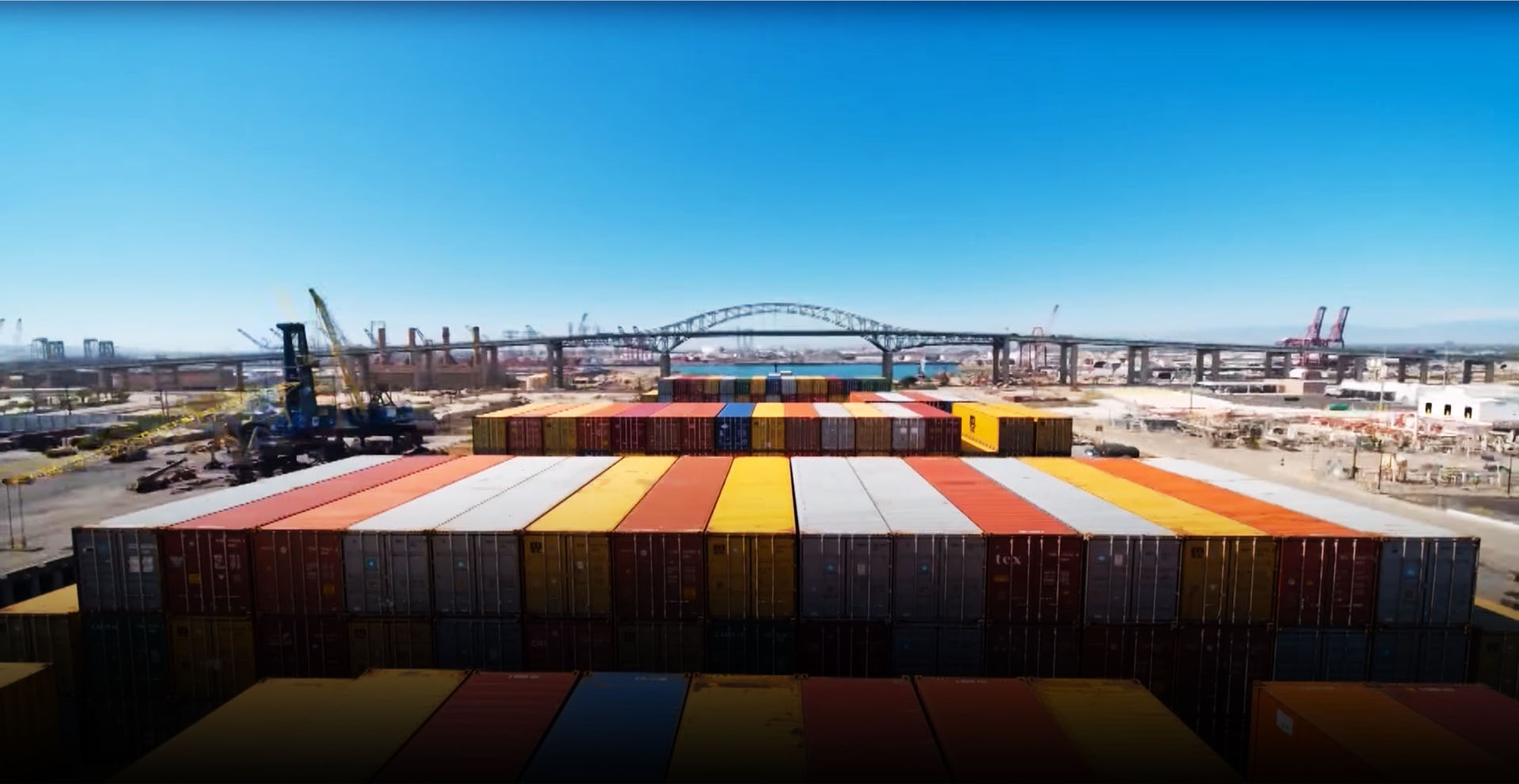Research Projects
Stop the VideoResearch Projects


Paris, Urban Laboratory for Urban Logistics: Feasibility of consolidated freight deliveries in cities and Alternatives for More Efficient Use of the Road and Parking Space in Cities
Project Summary
Project number: MF-2.1c
Funding source: Volvo Research and Educational Foundations
Performance period: 1/1/2014 to 12/31/2015
Project description
There are several specific characteristics that can be attached to the transport of freight in cities. The purpose of this study is to focus on the actors that develop alternative solutions for freight and urban logistics in order to create green and sustainable cities. There is a multitude of different stakeholders whose interests and goals often diverge. City councils, retailers, carriers and local citizens are only a few of them. Nevertheless, it has become important and urgent that the different stakeholders cooperate in order to create an efficient system with a good overall outcome (De la Calle and Alvarez, 2011; Ehrler and Hebes, 2012; Riehle, 2012). Urban logistics introduced new stakeholders in the governance of urban projects. Urban logistics which now results in experiments of "logistics solutions" in the city, actually underline the novelty of certain experiences of public and private actors in the modes of production of the city. These experiments reflect new practices in terms of planning and urban development. City logistics becomes a laboratory, in which public and private actors are experimenting with new ways of designing urban development.
By analyzing four logistics experimentations in the City of Paris, we will describe the different process of the realization of these logistics activities and the part played by each stakeholder. In this study we conducted many interviews with the actors responsible for the realization of these logistics solutions in Paris. From these interviews, we will be able to highlight the contribution of these kinds of experiments on the changes of urban practices.
First, the development of experimentations of urban logistics solutions causes a multiplication of the stakeholders involved in the urban production. Then, urban logistics solutions developed into the City of Paris constitute a new way to develop cities in a sustainable way in a bottom-up approach, because discussions and governance with all the different stakeholders come before the realization of the project. So, the development of logistics activities in the city is not only a good way to develop greener solutions for freight but is also a good way to improve relationships between all the urban stakeholders and test some new modes of coordination for urban development.
P.I. NAME & ADDRESS
Adeline HeitzAssistant Professor
292 Rue Saint-Martin
Paris, 75003
France
[email protected]















